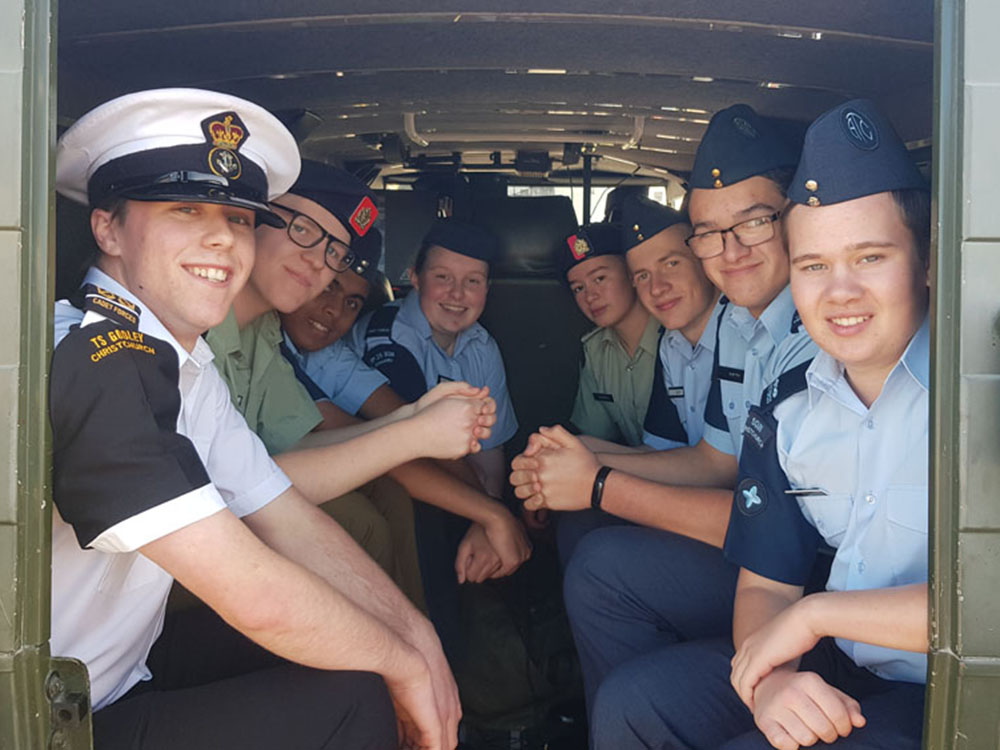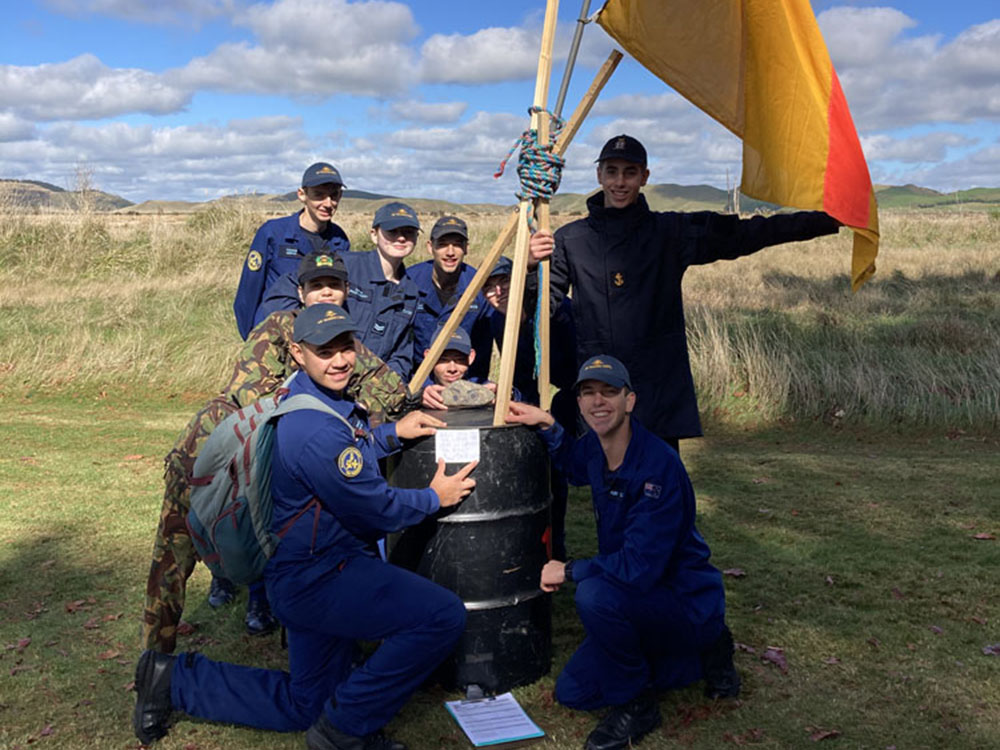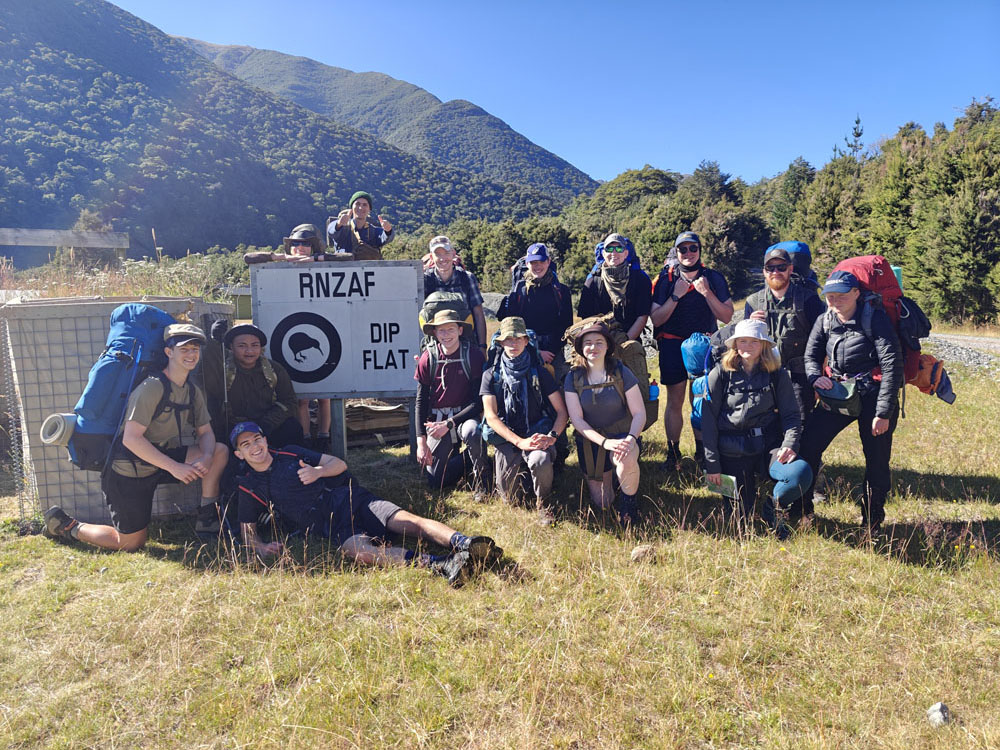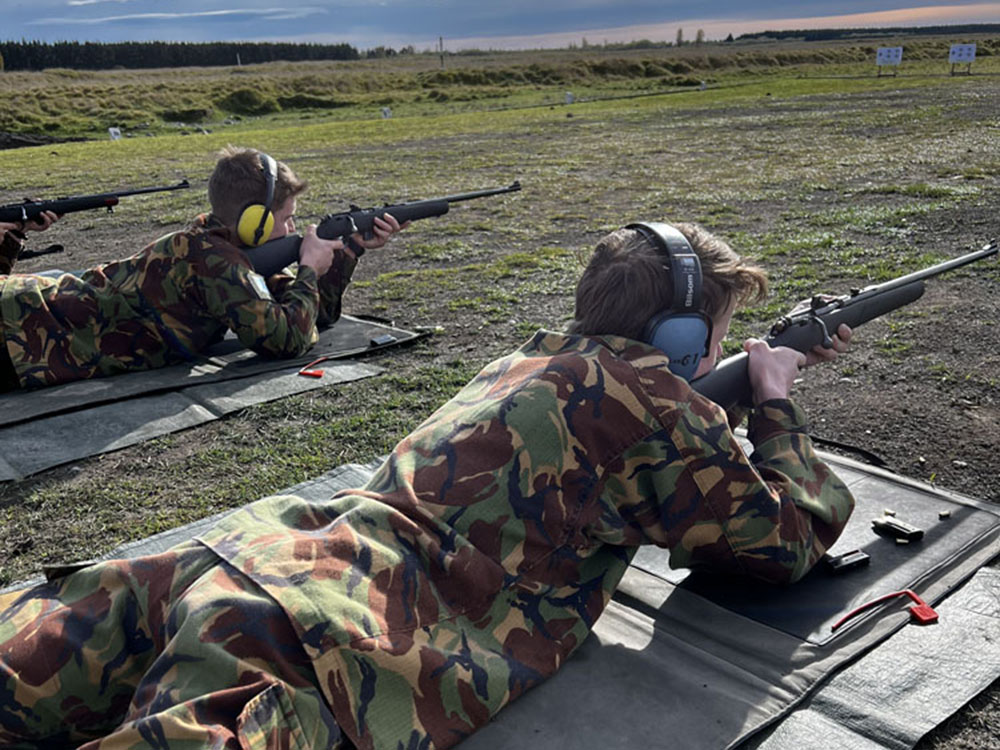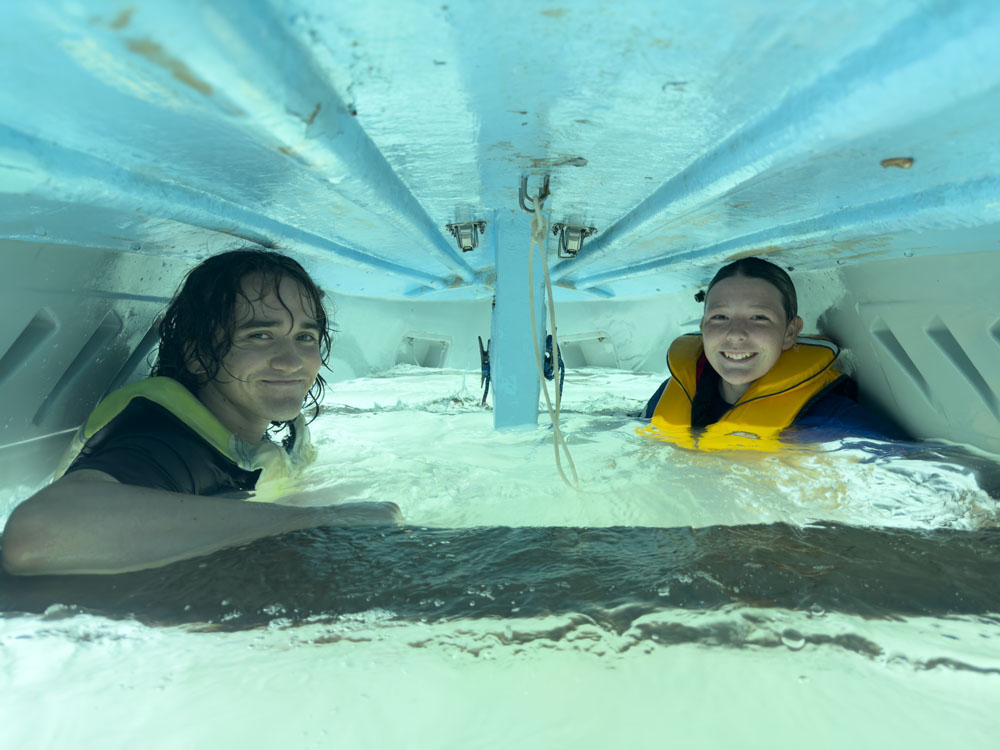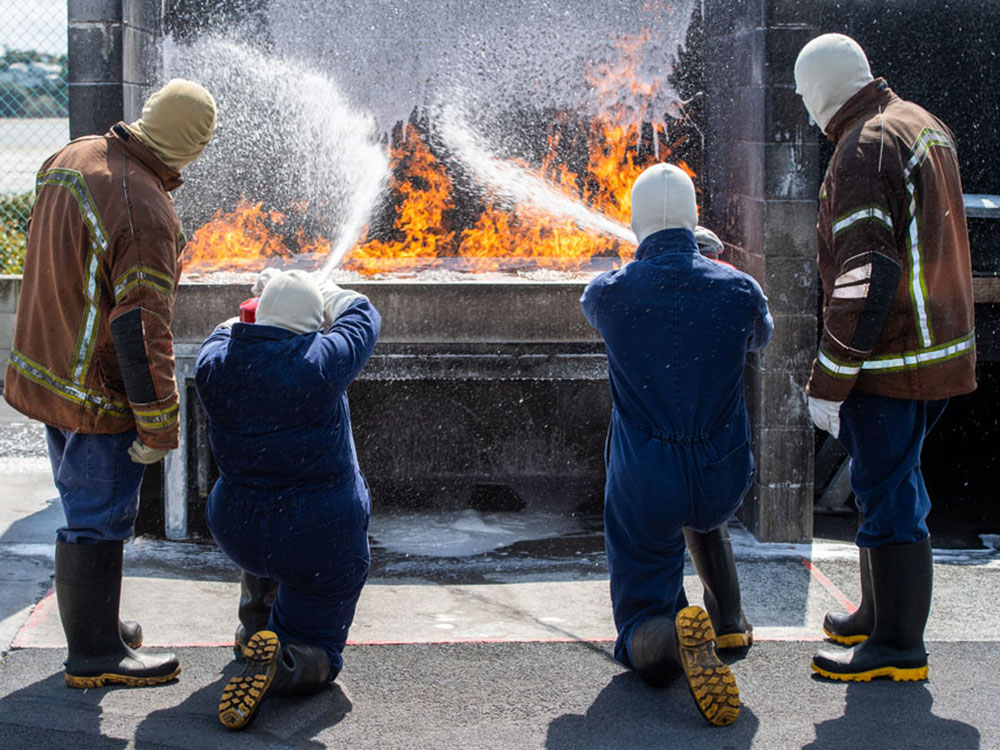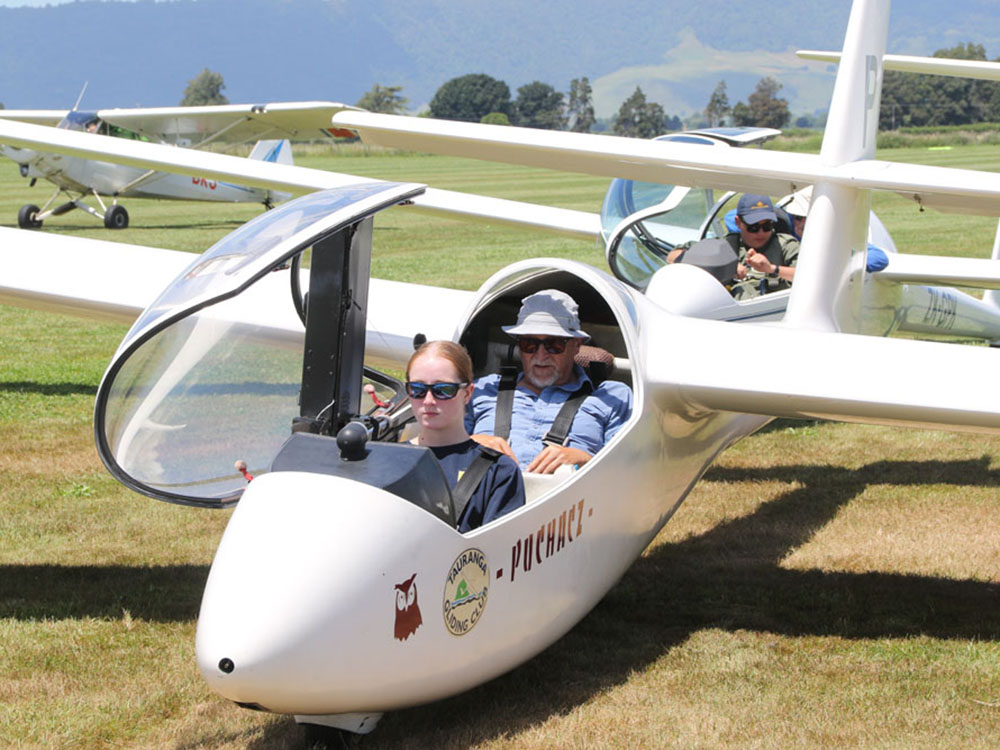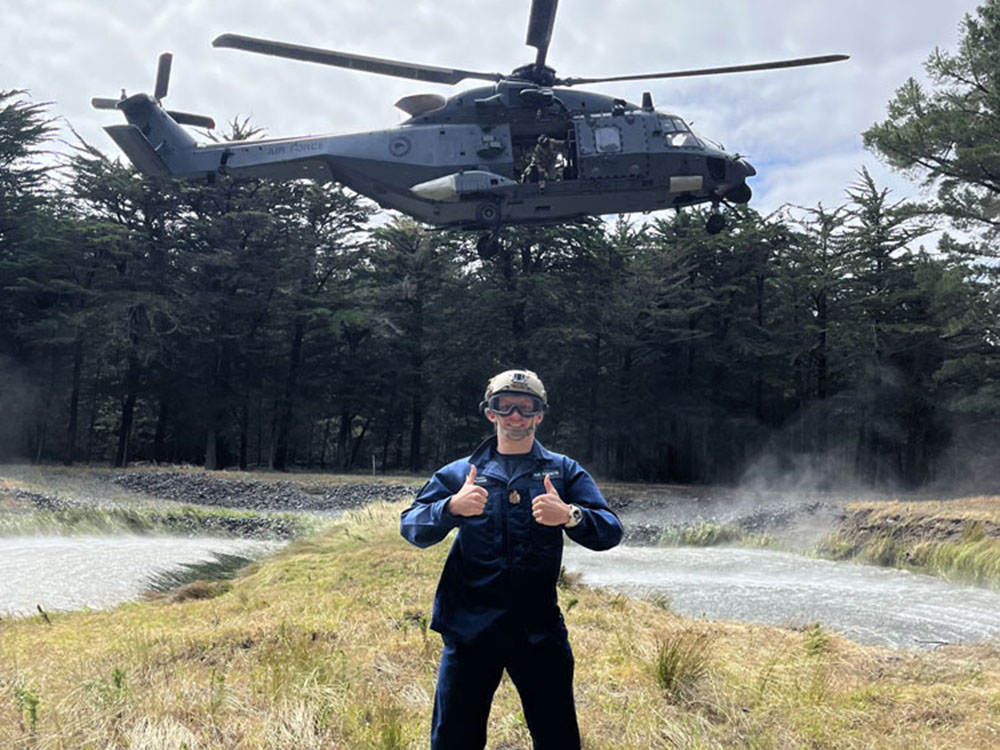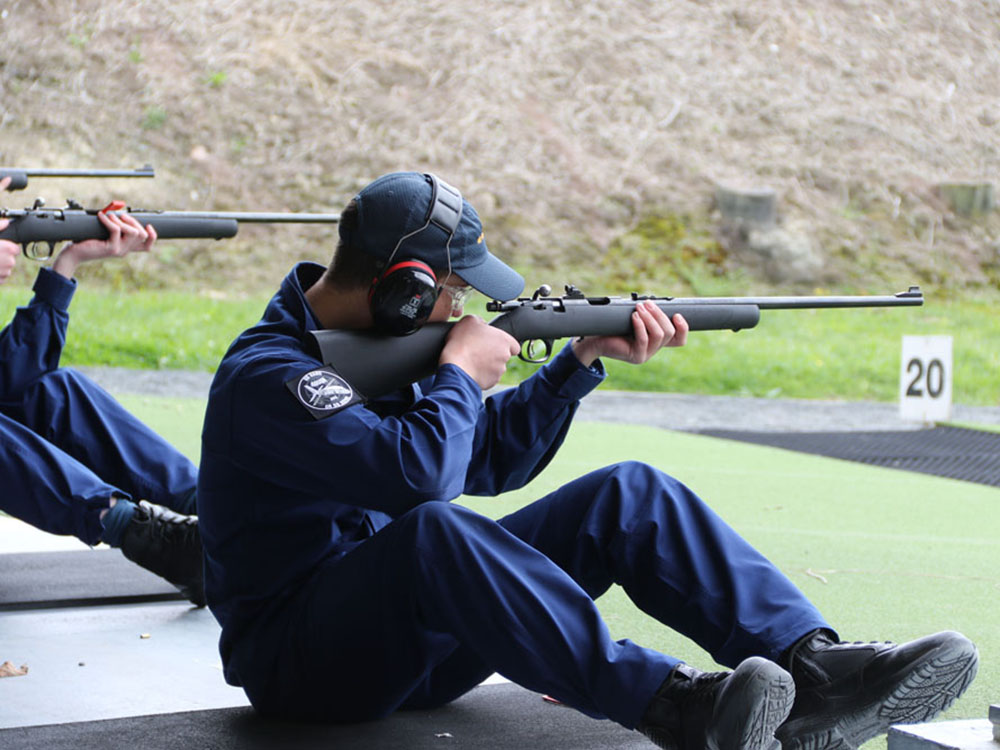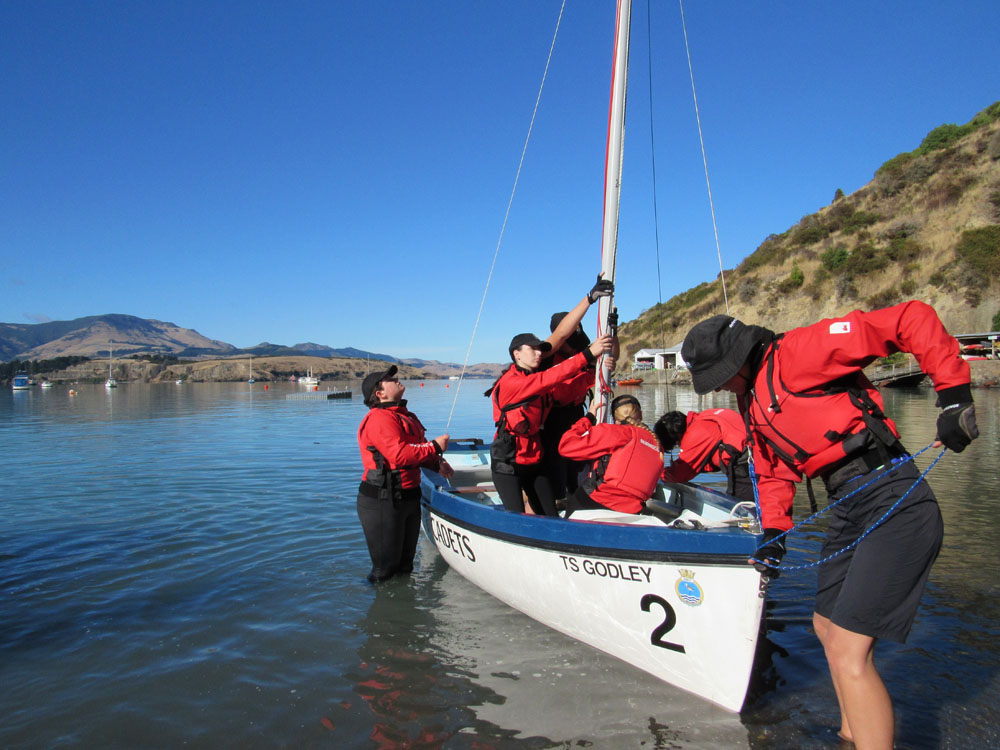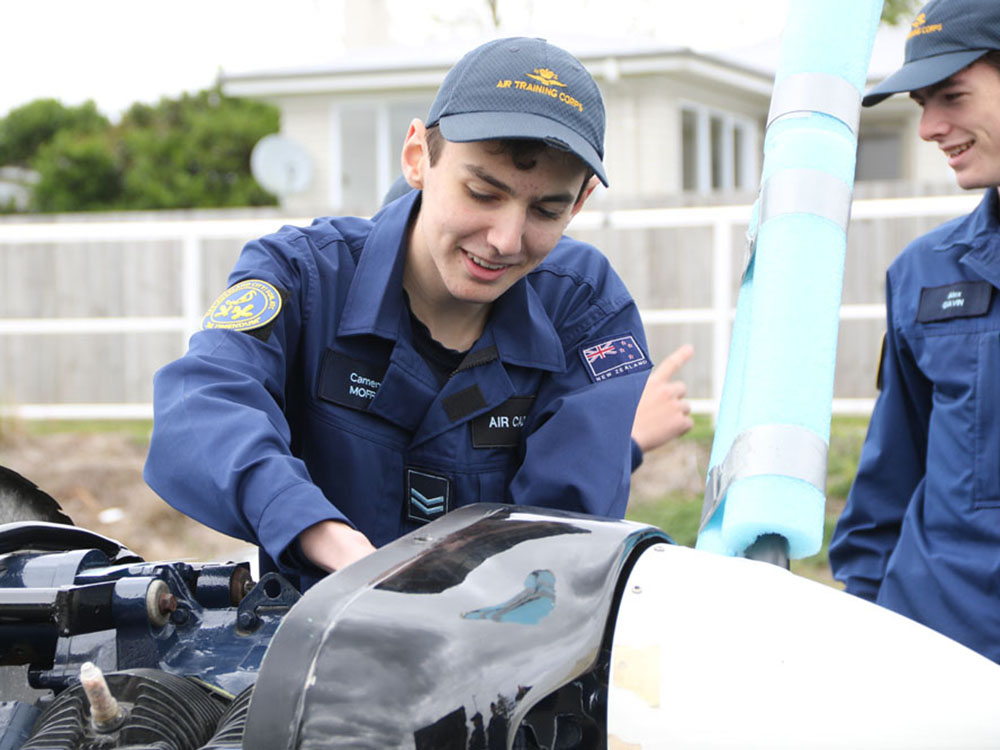Cadet Local & National Courses
As you become more experienced, you'll begin to take on extra responsibilities and have further opportunities to attend local and national cadet courses to develop your skills.
Depending on your Corps, you will have several courses available to you throughout your NZCF careers. These include both leadership (promotion) courses and specific skill training courses. Cadet Units also participate in regional and national skills competitions or regattas.
All the training activities conducted through the common training programme including weekly parade nights, camps, range shoots, and community events such as Anzac Day commemorations build a range of skills to help the cadets succeed at these courses.
